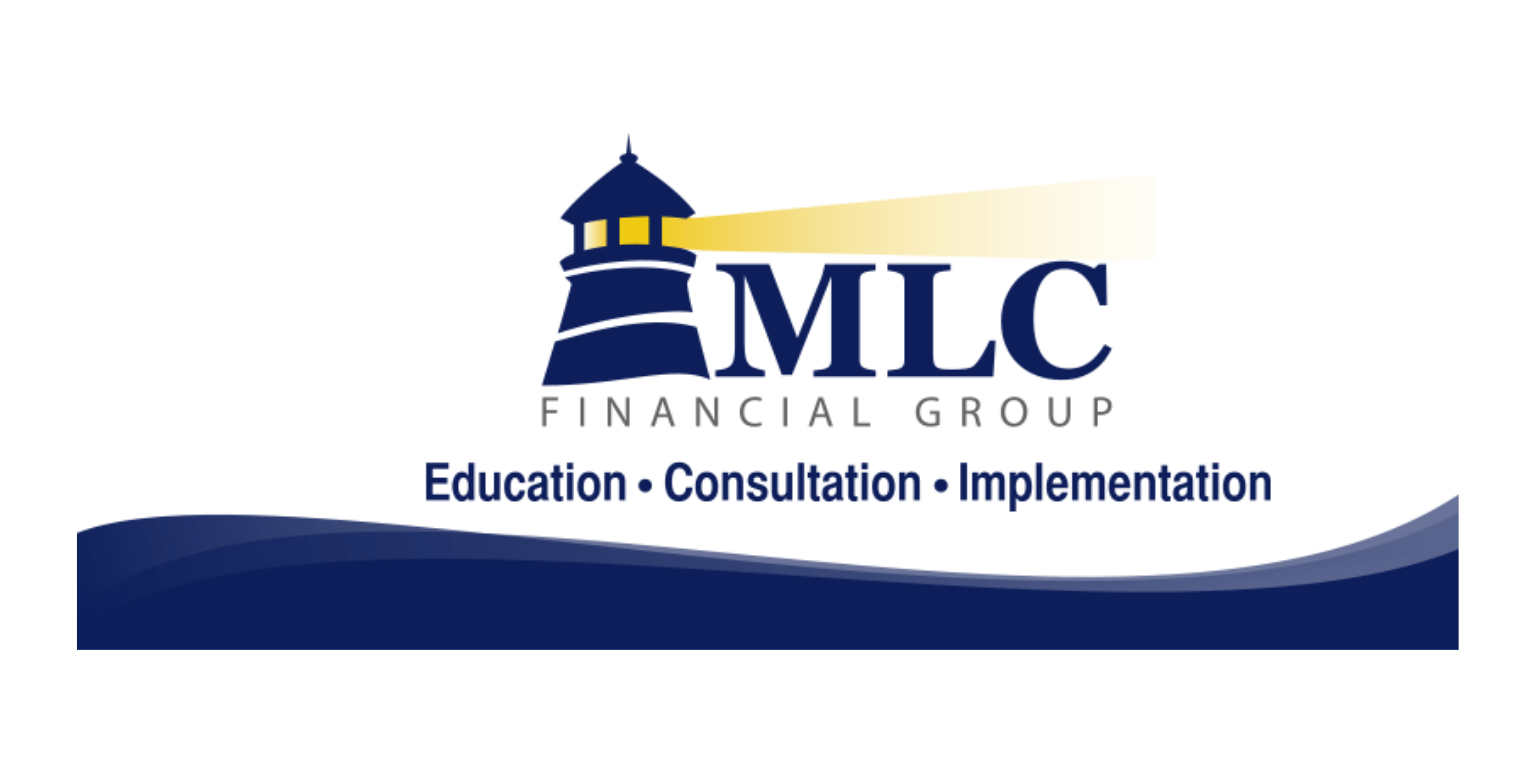Navigating Medicare can feel like trying to decode a secret language. With deadlines, penalties, and confusing parts (A, B, C, and D), it’s no wonder many people get tripped up. Unfortunately, these missteps can cost you—both in dollars and coverage.
Whether you're approaching 65 or helping a loved one make Medicare decisions, understanding the basics and avoiding common mistakes is crucial. Here’s what you need to know to make smart choices and sidestep the penalties that catch so many people off guard.
Why Understanding Medicare Matters
Medicare isn't just another government program—it’s a cornerstone of health security for Americans age 65 and older. But if you don’t take the time to learn how it works, you could:
-
Miss critical enrollment deadlines
-
Pay lifelong penalties
-
End up without coverage when you need it most
Being proactive and informed helps you protect your health and your wallet.
The 10 Most Common Medicare Mistakes (and How to Avoid Them)
1. Missing the Initial Enrollment Period
Your Initial Enrollment Period (IEP) starts three months before you turn 65 and ends three months after. Missing this window could lead to delayed coverage and late enrollment penalties.
â Fix: Mark your calendar and enroll early—even if you’re still working.
2. Assuming You Don’t Need Medicare If You’re Still Working
If you have employer coverage, you might think you can delay Medicare. That’s not always true, especially if the employer has fewer than 20 employees.
â Fix: Talk to your HR department and understand how your current coverage works with Medicare.
3. Not Enrolling in Part B on Time
Delaying Part B without qualifying coverage can result in a 10% penalty for every 12 months you delay—for life.
â Fix: Only delay Part B if you have credible employer coverage—and keep proof!
4. Overlooking Part D Prescription Drug Coverage
Many people think they don’t need Part D if they’re not on medication. But if you skip it and enroll later, you’ll face penalties.
â Fix: Even if you don’t take prescriptions now, consider a basic Part D plan to avoid future penalties.
5. Believing Medicare Covers Everything
Medicare doesn’t cover routine dental, vision, hearing aids, or long-term care.
â Fix: Plan ahead for gaps. Look into Medigap or Medicare Advantage plans that offer extra coverage.
6. Not Comparing Plan Options Every Year
Plans and premiums change annually. Sticking with the same plan without checking could cost you.
â Fix: Review your plan during the Annual Enrollment Period (Oct 15 – Dec 7) each year.
7. Ignoring Income-Related Premium Adjustments
Higher-income beneficiaries may pay more for Part B and Part D. If your income drops (e.g., due to retirement), you might qualify for a lower premium.
â Fix: File Form SSA-44 to report a life-changing event and request an adjustment.
8. Forgetting to Cancel Marketplace or COBRA Coverage
Once you have Medicare, you shouldn’t keep ACA marketplace or COBRA coverage—it can cause conflicts and lead to penalties.
â Fix: Disenroll from other health plans once Medicare kicks in.
9. Not Keeping Proof of Creditable Coverage
If you delay Part B or D, you’ll need to prove you had qualifying coverage to avoid penalties.
â Fix: Keep official letters and documentation from your employer or insurer.
10. Assuming Help Isn’t Available
Many people feel overwhelmed and try to figure it out alone. That’s when mistakes happen.
â Fix: Talk to a licensed Medicare advisor or contact your local State Health Insurance Assistance Program (SHIP) for free help.
Final Thoughts: Get It Right the First Time
Medicare is one of the most important decisions you’ll make for your health and financial future. Getting it right from the start can save you money, stress, and headaches down the road.
If you're nearing Medicare eligibility or just want to be better prepared, now is the time to learn. Avoiding these 10 common mistakes can keep you in control and ensure peace of mind in your retirement years.
Need Help?
Have questions about enrollment, penalties, or finding the right plan? Reach out to a Medicare specialist today and get personalized guidance before it’s too late.
